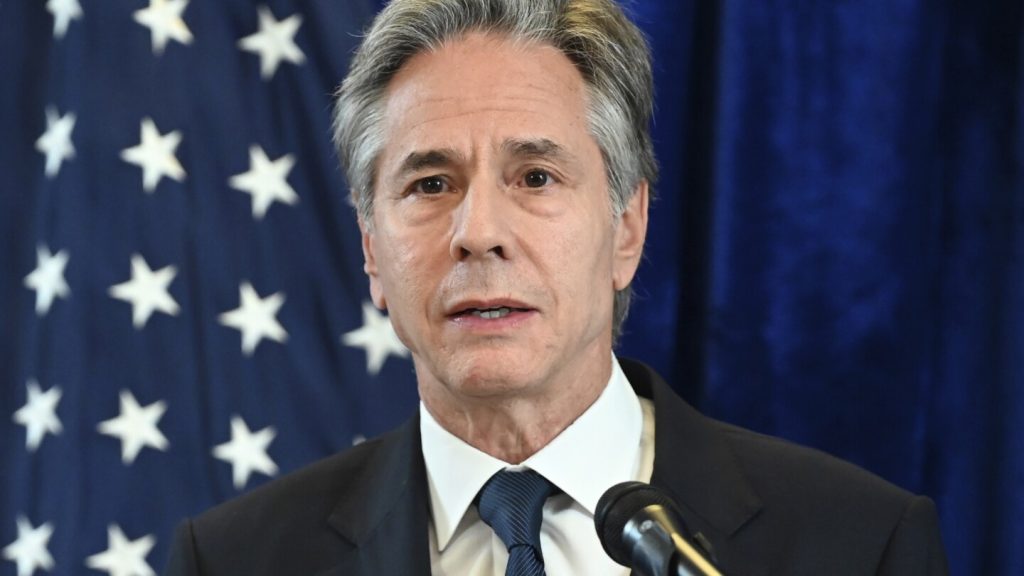With Israel’s recent sabotage and military operations targeting Hezbollah’s senior leaders in Lebanon, there is growing belief in Washington that there might be an opportunity to address the political deadlock in the country. Secretary of State Antony Blinken has engaged in discussions with Lebanese leaders, emphasizing the importance of resolving the situation and electing a new Lebanese president to reduce tensions in the Middle East. The vacant presidency in Lebanon for the past two years has been a significant concern for the Lebanese people, who are eager to see their country assert itself and take responsibility for its future.
The U.S. has been advocating for an end to the political gridlock in Lebanon, blaming Iran-backed Hezbollah for resisting compromise and contributing to the presidential vacuum. Despite being considered a legitimate political party in Lebanon, Hezbollah is designated as a terrorist organization by the U.S. and Israel. The failure to elect a new president after the end of Michel Aoun’s term in October 2022 has exacerbated the country’s political paralysis and economic crisis, pushing a large portion of the population into poverty. However, the recent degradation of Hezbollah by Israel has sparked hope among some U.S. officials for a potential breakthrough in Lebanon’s political situation.
As efforts to stabilize Lebanon continue, Blinken has reiterated the U.S. commitment to finding a diplomatic solution and implementing the U.N. resolution that would allow civilians on both sides of the Israel-Lebanon border to return to their homes. Discussions with various leaders, including those from Saudi Arabia, Qatar, Egypt, and France, have highlighted the shared desire to see Lebanon emerge as a stable, prosperous, and independent nation. The upcoming international conference on Lebanon hosted by France is expected to provide an opportunity for further discussions and collaboration on the situation in Lebanon.
The U.N. resolution that called for Israeli forces to withdraw from southern Lebanon in 2006 following the conflict with Hezbollah has not been fully enforced. With the Lebanese army and U.N. peacekeepers designated as the exclusive armed presence in the area, the situation in southern Lebanon remains unresolved. Ed Gabriel, president of the American Task Force on Lebanon, has emphasized the need for Lebanese parliamentarians to convene and elect a competent and reform-oriented president to steer the country through its current challenges. Gabriel also stressed the importance of respecting Lebanon’s sovereign right to elect its own leaders without external interference.
Overall, there is cautious optimism in Washington regarding a possible breakthrough in Lebanon’s political deadlock following Israel’s operations against Hezbollah. The U.S. and its allies are continuing diplomatic efforts to support Lebanon in electing a new president and stabilizing the country. The upcoming international conference hosted by France is expected to provide a platform for further discussions and collaboration among concerned parties to address the challenges facing Lebanon. Despite the complexities and entrenched interests within Lebanon’s political landscape, there is a shared goal of seeing the country emerge as a stable and prosperous nation.


